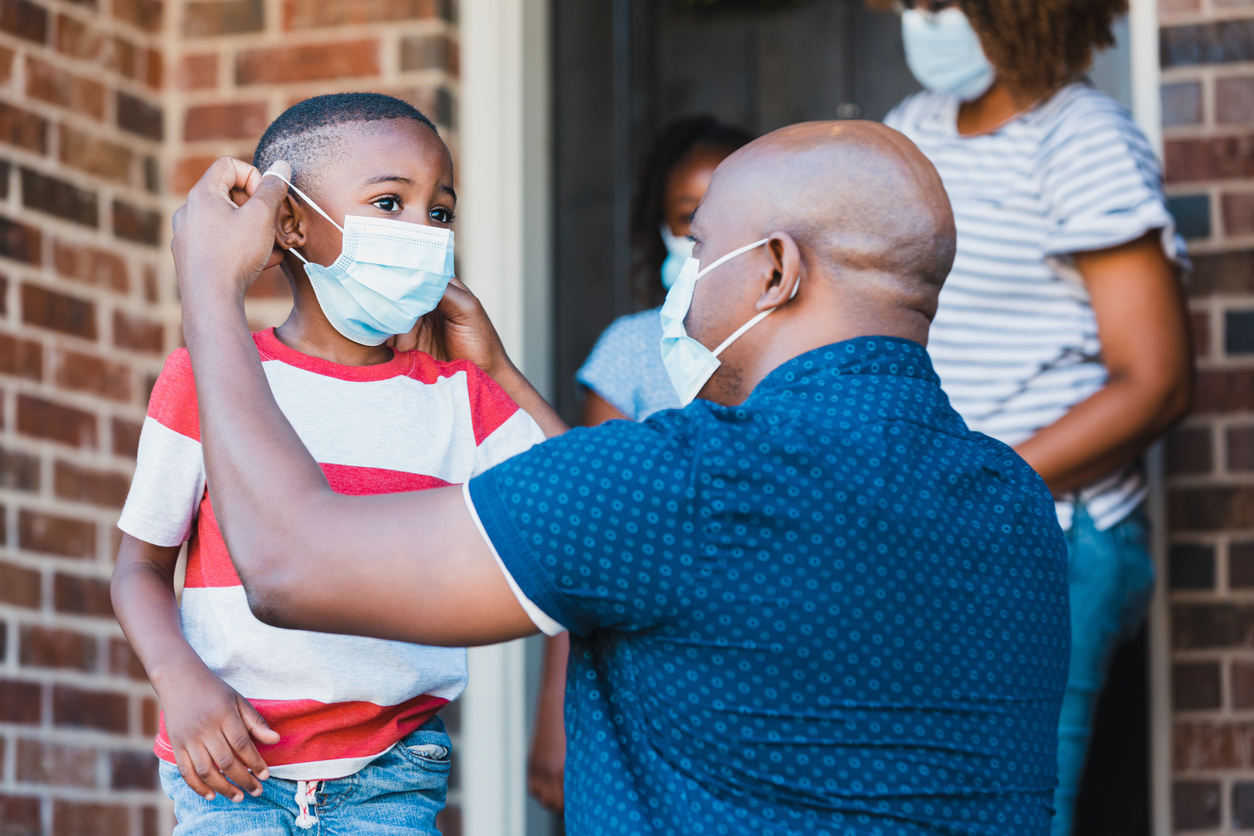The Caribbean region has been hit particularly hard by the pandemic, with a deeper economic contraction than Latin America as a whole. The impact has been worse for women-owned/led firms and smaller firms, and supply chain disruptions have significantly affected firm performance.
Something novel happened in Ocho Rios, Jamaica on August 16th: a cruise ship arrived in the country for the first time since March 2020. This was a sight for sore eyes for many businesses in this tourism-dependent economy, which saw international tourist arrivals drop by nearly 70% in 2020.
This recent bright spot aside, the Caribbean region has been hit particularly hard by the COVID-19 pandemic. The International Monetary Fund estimates that economic activity in the region fell by 9.9% in 2020, higher than the average economic contraction in Latin America for the same period (6.8%). Caribbean tourism-dependent economies are also expected to be the last to recover.
Just how hard have businesses in the Caribbean been hit? We can now more decisively answer this question using newly released data from the Innovation, Firm Performance, and Gender (IFPG) survey carried out with nearly 2,000 firms in thirteen Caribbean countries. While recent studies have quantified the short-term impacts of the pandemic on businesses around the world—showing how small firms and those in lower income countries have fared worse than their larger and richer counterparts—the Caribbean has been absent from these analyses given scant country-level data. Our new study helps to fill this gap.
YOU MAY ALSO LIKE
- Welcome to the New Hydrogen Economy!
- IDB World: The Enigma of Informal Work during the Pandemic, Desalination & Value Chains
- Moving Away from Libor: A Quick Guide for the Puzzled
What are the five main takeaways from the results?
- Social distancing measures are correlated with decreased economic activity. Combining the IFPG survey with data from the World Bank’s COVID-19 Follow-up Enterprise Surveys and the Oxford University Stringency Index, which is a measure of the strictness of lockdown policies, we see a positive correlation between social distancing policies and the proportion of firms reporting a drop in sales. This pattern is observed across countries worldwide and the correlation seems to be stronger for countries in the Caribbean.
- 90% of Caribbean firms report being negatively impacted by COVID-19. The three most common impacts were lower sales (89% of firms), lower capacity utilization (85%), and a reduced workforce (34%). This last result suggests that firms have tried to maintain jobs as much as possible. In addition, almost one-third of firms see bankruptcy or insolvency as a major risk brought on by the crisis and, on average, firms expect it will take at least 13 months before they make a complete recovery.
- Consistent with what has been observed in other countries, the pandemic has disproportionally affected women-owned/led businesses and smaller firms. Women-owned/led firms were more likely to report reduced sales (93% of firms) and capacity utilization (90%) when compared to the rest of the firms in the sample (88% and 83%, respectively). In terms of size, while 36% of small and medium enterprises (SMEs) report a workforce reduction, 20% of large firms report experiencing these cuts. Interestingly, women-owned/led firms do not report cutting more jobs than the rest, a finding that calls for further analysis.
- Supply chain disruptions caused by COVID-19 have significantly affected firm performance. Firms that adopted measures to avoid supply chain disruptions, such as securing raw materials, using inventory, and obtaining substitutes for supplies, among others, were more likely to retain or increase their workforce, their sales, and their capacity utilization during the pandemic.
- Firm priorities have shifted, and targeted firm support will be needed for a private sector-led recovery. Pre-pandemic, less than 1% of firms perceived access to digital payments as a major obstacle to doing business. Now, access to digital payments has become the second highest ranking challenge for firms (14%), behind the top concern of an inadequately educated workforce. To ramp up their operations post-COVID, 34% of firms consider that they will require technical assistance and have mostly called for employee training programs on digitalization and online production and operation.
With this picture in mind, public policies and development finance institutions (DFIs), such as IDB Invest, have a key role to play in supporting firms’ recovery in the Caribbean. On the policy side, improving the business environment and worker skills in this new highly digital economy, as well as continued support for infrastructure and logistics investments are among the top priorities. Governments in the Caribbean have already begun to mobilize support to the private sector including expanding credit to SMEs.
For DFIs, spurring recovery calls for continuing to expand access to short- and long-term financing for businesses, particularly for SMEs, in the most affected sectors and segments. It also means increasing technical assistance to help firms ramp up and digitalize their operations and embark on a path to sustainable growth.
Maria Cecilia Acevedo and Joaquin Lennon also contributed to this post.
For more details, see the study by Acevedo et al., (2021), The Impacts of the COVID-19 Pandemic on Firms in the Caribbean, which is part of IDB Invest’s Development through the Private Sector Series.


